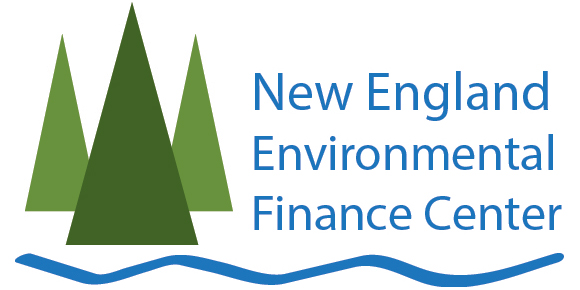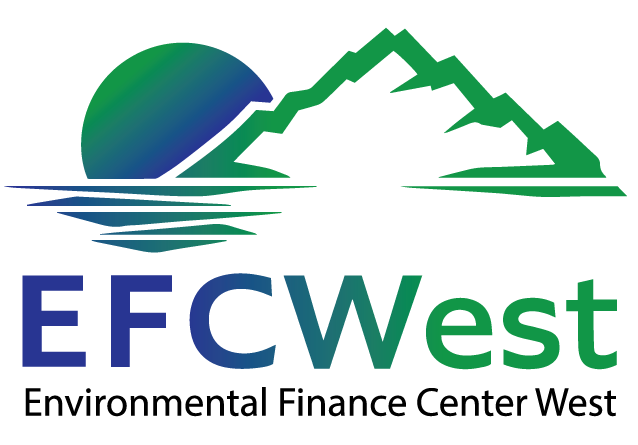The Environmental Finance Center Network (EFCN) is a university- and non-profit-based organization creating innovative solutions to the difficult how-to-pay issues of environmental protection and environmental infrastructure. The EFCN works collectively and independently (as individual Environmental Finance Centers) to address these issues across the entire U.S, including the 5 territories and the Navajo Nation. The EFCN aims to assist public and private sectors through training, direct professional assistance, production of durable resources, and innovative policy ideas.

EFCN Network Members
The Environmental Finance Centers are located throughout the United States. The EFCs are nimble, adaptive, and able to quickly send resources and expertise where needed most. Below is a list of the centers and their focuses.
New England Environmental Finance Center at the University of Southern Maine
The New England EFC builds capacity in communities and Tribes to protect the environment through targeted training, technical assistance, and outreach on climate change resiliency planning, financing, stormwater and watershed management, pollution source-reduction strategies, and nature-based solutions.
Environmental Finance Center at Syracuse University
Advancing efficient and effective governance and problem solving through leadership development and community participation in decision-making processes, focusing on public infrastructure education and training, financing, and regulatory tools in areas such as sustainable materials management, green infrastructure for stormwater management, smart growth, and comprehensive planning.
Environmental Finance Center at the University of Maryland
Protecting natural resources and watersheds by strengthening the capacity of local decision makers to analyze environmental problems, develop innovative and effective methods of financing environmental efforts, and educate communities about the role of finance and economic development in the protection of the environment.
Environmental Finance Center at the University of North Carolina, Chapel Hill
The EFC at UNC is dedicated to enhancing the ability of governments and other organizations to provide environmental programs and services in fair, effective, and financially sustainable ways.
Great Lakes Environmental Infrastructure Center at The Michigan Technological University
Providing training, technical assistance, guidance publications, and applied research related to environmental infrastructure (water, sanitary sewer, and storm sewer systems, landfills, recycling programs, etc.) and its efficient management. The center focuses on implementing asset management as a business practice for infrastructure owners.
Southwest Environmental Finance Center at the University of New Mexico
Assisting state, local, and tribal entities, as well as the private sector, in asset management, water system capacity development, water efficiency/water loss control, source water protection, tribal water system compliance, tribal operator certification, water regionalization, drought preparedness planning, water and wastewater treatment, green infrastructure, assessing financial health, and access to infrastructure funding.
Environmental Finance Center at Wichita State University
Building capacity for addressing environmental challenges. WSU EFC’s vision is that communities are empowered to take actions that enhance their environmental and financial health. WSU EFC provides leadership, facilitation, training, resource and tool development, applied research, technical assistance, and outreach and education programs and resources on a wide array of environmental and financial topics.
Environmental Finance Center West at Earth Island Institute
Through research, training, and technical assistance, EFCWest integrates economy, environment, community, and culture to: 1) Advance sustainable business and financial practices, 2) Enable climate change mitigation and adaptation planning, 3) Promote water and waste best management practices, and 4) Catalyze the inherent capacity of disadvantaged peoples, throughout the United States and internationally.
Environmental Finance Center at California State University, Sacramento
Supporting and improving the capabilities of state and local agencies, small disadvantaged communities, tribal communities, and the private sector in EPA Region 9 through training, technical assistance, and resource tools that help such entities build and maintain technical, managerial, and financial capacity for sustaining drinking water, wastewater, stormwater, and watershed programs.








